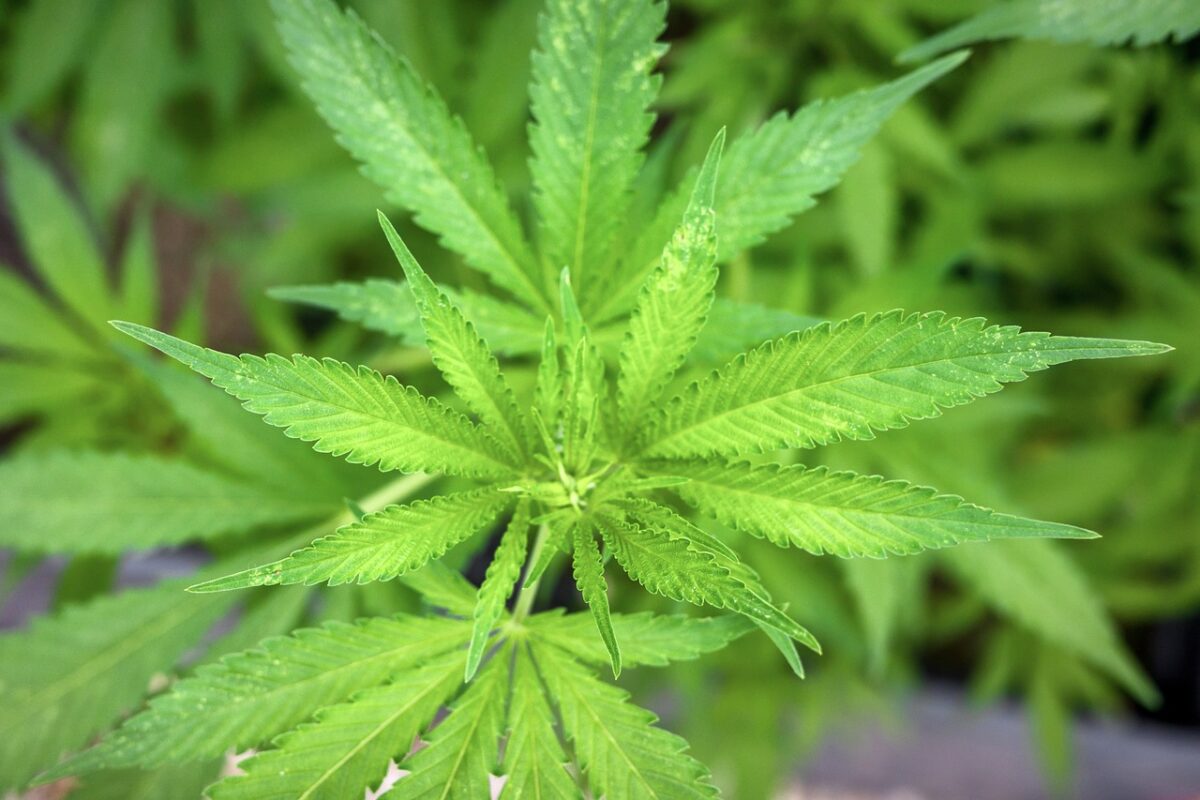-
Table of Contents
- How to Use THCA Flower: Tips for Incorporating It into Your Routine
- Understanding THCA Flower
- Health Benefits of THCA
- Methods of Consumption
- Raw Consumption
- Juicing
- Tinctures and Oils
- Topicals
- Case Studies and User Experiences
- Statistics and Market Trends
- Tips for Incorporating THCA Flower into Your Routine
- Conclusion
How to Use THCA Flower: Tips for Incorporating It into Your Routine
THCA flower, a non-psychoactive cannabinoid found in raw cannabis, has been gaining popularity for its potential health benefits. Unlike THC, THCA does not produce a high, making it an attractive option for those seeking therapeutic effects without the psychoactive experience. This article explores various ways to incorporate THCA flower into your daily routine, supported by examples, case studies, and statistics.
Understanding THCA Flower
THCA, or tetrahydrocannabinolic acid, is the precursor to THC. When cannabis is heated through smoking, vaping, or cooking, THCA converts to THC, which is psychoactive. Consuming raw THCA flower allows users to benefit from its properties without the high. Research suggests that THCA may have anti-inflammatory, neuroprotective, and anti-emetic properties.
Health Benefits of THCA
- Anti-inflammatory: THCA may help reduce inflammation, making it useful for conditions like arthritis.
- Neuroprotective: Studies indicate that THCA could protect brain cells, potentially aiding in the treatment of neurodegenerative diseases.
- Anti-emetic: THCA has shown promise in reducing nausea and vomiting, which can be beneficial for chemotherapy patients.
Methods of Consumption
There are several ways to incorporate THCA flower into your routine. Each method offers unique benefits and can be tailored to individual preferences.
Raw Consumption
One of the simplest ways to use THCA flower is by consuming it raw. This can be done by adding it to smoothies, salads, or other cold dishes. Raw consumption preserves the THCA content, allowing you to experience its benefits without any psychoactive effects.
Juicing
Juicing raw cannabis leaves and flowers is another effective method. This approach allows for the intake of a concentrated dose of THCA. Many users report feeling more energized and experiencing reduced inflammation after incorporating cannabis juice into their diet.
Tinctures and Oils
THCA tinctures and oils offer a convenient way to consume THCA. These products can be taken sublingually (under the tongue) for quick absorption or added to food and beverages. Tinctures and oils provide a controlled dosage, making it easier to monitor intake.
Topicals
Topical applications of THCA-infused creams and balms can target localized pain and inflammation. This method is particularly useful for those with arthritis or muscle soreness. Applying THCA topically allows for direct absorption into the affected area.
Case Studies and User Experiences
Several case studies and user testimonials highlight the potential benefits of THCA flower. For instance, a study published in the Journal of Clinical Pharmacy and Therapeutics found that THCA reduced nausea and vomiting in chemotherapy patients. Another study in the British Journal of Pharmacology suggested that THCA has neuroprotective properties, which could be beneficial for conditions like Parkinson’s disease.
User experiences also provide valuable insights. Many individuals report improved mood, reduced pain, and better overall well-being after incorporating THCA into their routines. For example, a user with rheumatoid arthritis shared that using THCA tinctures significantly reduced their joint pain and improved mobility.
Statistics and Market Trends
The market for THCA products is growing rapidly. According to a report by Grand View Research, the global cannabis market is expected to reach $73.6 billion by 2027, with a significant portion attributed to non-psychoactive cannabinoids like THCA. This growth is driven by increasing awareness of the potential health benefits and the demand for alternative wellness products.
Tips for Incorporating THCA Flower into Your Routine
Incorporating THCA flower into your daily routine can be simple and enjoyable. Here are some tips to get started:
- Start with a small dose: Begin with a low dose to gauge your body’s response and gradually increase as needed.
- Experiment with different methods: Try various consumption methods to find what works best for you.
- Consult a healthcare professional: If you have any medical conditions or are taking medications, consult a healthcare provider before using THCA.
- Keep a journal: Track your experiences, noting any changes in symptoms or overall well-being.
Conclusion
THCA flower offers a range of potential health benefits without the psychoactive effects of THC. By understanding the different methods of consumption and considering user experiences and market trends, you can effectively incorporate THCA into your routine. Whether through raw consumption, juicing, tinctures, or topicals, THCA provides a versatile and promising option for those seeking natural wellness solutions.
